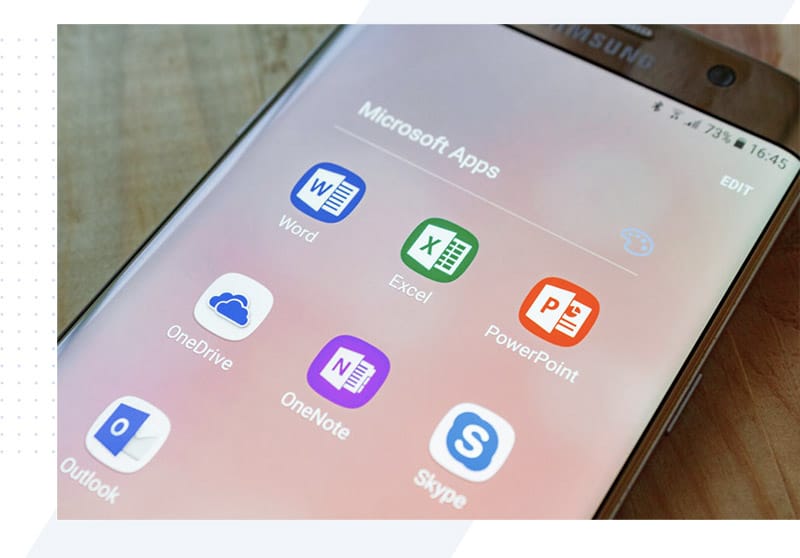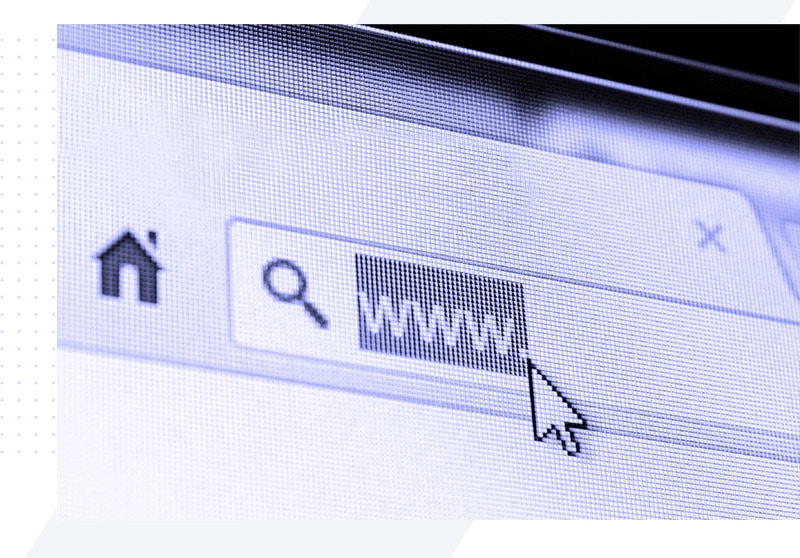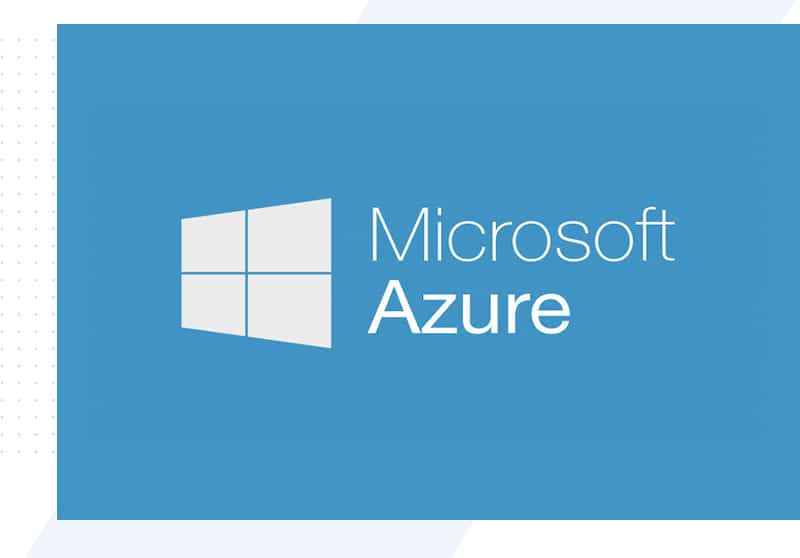Small Business Owners: Are Your Emails Getting Through?

Recent changes to email providers have introduced new rules that might be a cause for concern for your business operations.
One of the many features of our IT services is keeping spam and email phishing to a minimum. It can be difficult to filter out what’s good from what’s bad. Thanks to the new rules for sending emails, there are now stricter regulations.
While this is great for stopping the bad guys in their tracks, it is catching many small and medium-sized businesses off guard and sending their important emails directly into the junk mail folder.
Don’t get caught out!
The 3 new techy things that you need to implement today
The new rules now in place are all about whether your business has the correct settings for your domain name. These settings are:
DMARC, DKIM & SPF
I won’t bore you with the technical details, but if you don’t have these set up correctly for your domain name, your emails could be landing in the junk mail folder by default.
If your current IT provider hasn’t updated these records for you recently, you should be asking why not. And if you’re not sure if they are set up correctly, I suggest reaching out to me.
One key area you should also include when updating the records is having a list of software and services that may use your domain for legitimate purposes.
A really good example of this is cloud accounting software – if you use apps like QuickBooks or Xero, they are probably sending out invoices to your clients on a regular basis.
Your IT provider should make sure that the right SPF records are set for your domain to accommodate these services sending out email.
Other such software services include:
– Email marketing platforms (Mailchimp/ActiveCampaign/Hubspot)
– CRM Systems (Pipedrive/Salesforce)
– Payroll & Staff Benefits Services
– Websites/Client Portals (Depending on the setup, you may have clients interacting with your website or a client portal – depending on where the site is hosted, you’ll need to set up a DNS SPF record so that emails coming from these aren’t marked as junk).
It’s not just about getting your emails seen but also keeping the bad guys out. As more and more businesses start to adopt compliant records for their domain names in line with email providers, it will become more difficult for cyber threat actors to spoof your email address.
I’m sure you’ve received emails from close business contacts that may have looked genuine, but you’ve second-guessed them due to the nature of the content, only to find out their email has been spoofed.
With compliant records, not only will your emails get seen and delivered correctly, but you’ll also be protecting your business brand and domain reputation against spoofing.
Get in touch with us today for more information on how we can help you navigate these new changes to email.



















